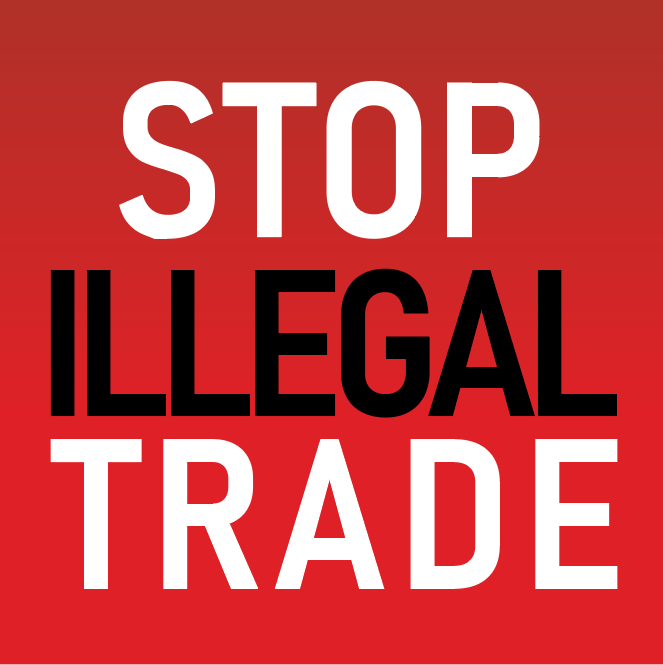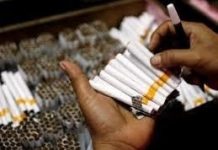The Federal Board of Revenue (FBR) has cautioned that any move to withdraw adjustable tax on tobacco purchase would have serious negative implications on the documentation of tobacco purchases used in the manufacturing of cigarettes.
Sources told Business Recorder here on Tuesday that the FBR had issued SRO.217(I)/2010 and SRO.1149(I)/2018 to ensure monitoring and documentation of tobacco to check evasion during purchase of tobacco. This measure has been introduced to monitor and curtail the manufacture and sale of non-duty paid cigarettes. The FBR is able to track and penalize the non-duty paid cigarette manufacturers that resort to underhanded tactics by making illicit purchases subsequently leading to tax evasions in payments made.
The FBR had issued SRO 1149(I)/2018 to stop tax evasion in the tobacco sector through this documentation measure. Under SRO 1149(I)/2018, the FBR started strict monitoring of Green Leaf Threshing (GLT) units, whether working separately or as part of a cigarette manufacturing unit.
The tobacco is amongst the most regulated crops in Pakistan, taxed at multiple levels from crop till final product, by Pakistan Tobacco Board (PTB), Provincial Excise & Taxation & the Federal Board of Revenue. Multiple laws exist at every step of the supply chain with specific set of laws that protect the interests of farmers.
The entire documentation of the tobacco sector is possible due to the effective applicability of the SRO.217(I)/2010 and SRO.1149(I)/2018 by the FBR. The move to withdraw this tax may facilitate the rise in illicit trade as it will once again give these local manufacturers the opportunity to hide their actual tobacco purchases and channel the unlawfully gained revenues from this evasion into marketing and fiscal violations.
According to PTB regulations, only manufacturers, exporters and dealers registered with PTB can purchase tobacco from the farmers against a demand notified to PTB at the start of every tobacco season. All purchases must be documented and notified to PTB and payments to the farmers should be made through bank vouchers.
In the interim budget in September 2018, to document the tobacco leaf purchases by cigarette manufacturers, FBR introduced a provision to introduce an adjustable FED of Rs 300 per kg on the processing of green tobacco at Green Leaf Threshing plants (GLT). In Pakistan, there are only 10 GLT plants and this is considered as the most effective point in the supply chain to check tax evasion. There is an exemption to the tobacco exporters from this FED.
To avoid documentation of the leaf purchased for manufacturing of cigarettes, the local tax evading manufacturers only declare a miniscule portion of their actual demand and purchase to PTB and buy bulk of their requirements through front men and dealers on cash or credit basis only. The Adjustable FED would result in the documentation of all tobacco that is processed by every manufacturer, allowing FBR to estimate the total number of cigarettes produced and the total FED due from each manufacturer.
After the introduction of the above-mentioned FED, it has become very difficult for the local tax evading cigarette manufacturers to avoid documentation of their tobacco purchases, therefore, these KPK tobacco barons who have earned fortunes and deprived the Government of billions of rupees are now exerting immense pressure through their strong presence in the National Assembly and the Senate to undo this provision. Moreover, they are also using tobacco farmers to portray that it is the farmer who is being taxed and is being burdened, while the reality is otherwise as farmers sell raw tobacco to manufacturers and exporters who further process the tobacco through their own or third party GLT upon which they pay this adjustable FED and utilize this processed tobacco for cigarette manufacturing.














